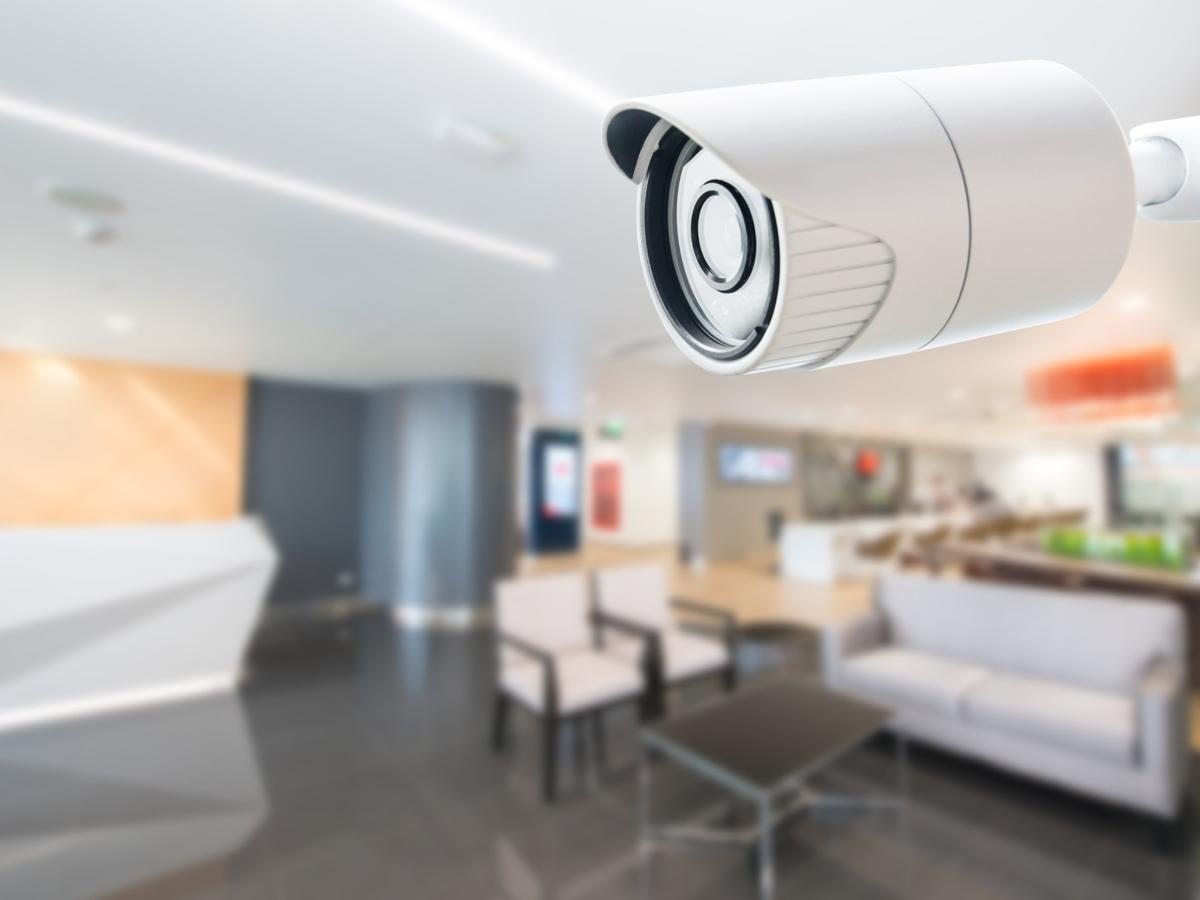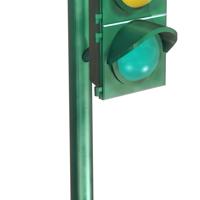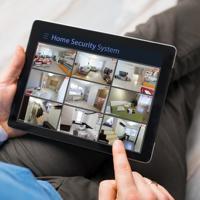When it comes to home security, peace of mind stems from preparedness and awareness. While no system is foolproof, there are several steps you can take to make your home a less attractive target for intruders. Let’s explore some strategies that can enhance your home’s security.
Understand the Basics of Home Security
Before diving into specific tactics, it’s useful to understand what makes a home vulnerable. Often, homes are targeted due to their easy access points, poor lighting, or absence of visible security measures. Taking a moment to assess your home with these vulnerabilities in mind can guide you in making effective improvements.
Secure Entry Points
Doors
-
Upgrade Locks: Consider installing deadbolt locks on all exterior doors. A sturdy deadbolt enhances a door’s resistance to forced entry. Ensure that the door frame is equally robust to provide adequate support.
-
Reinforce Door Jambs: Install door jamb reinforcement kits, which include longer strike plates and screws, making it harder for intruders to kick in doors.
Windows
-
Install Window Locks: Equip your windows with additional locks or security bars. Many break-ins occur through ground-level windows that lack proper locks.
-
Use Window Film: Apply security film to windows, which helps hold glass together even when shattered, delaying entry.
Enhance Exterior Security
Lighting
-
Outdoor Lighting: Good visibility is a deterrent to unwanted guests. Install motion-sensor lights around key areas like entrances and driveways. Ensure all bulbs are maintained and functional.
-
Smart Lighting: Modern smart lighting systems can be programmed or controlled remotely to simulate occupancy, even when you’re away.
Landscaping
-
Trim Shrubbery: Keep bushes and trees trimmed, particularly near windows and doors. Overgrown greenery offers concealment for intruders.
-
Defensive Planting: Use thorny or dense plants under windows to make it less pleasant for someone to access them.
Install a Security System
-
Alarm Systems: Consider investing in a home security system. Even basic models that emit a loud alarm can deter burglars.
-
Surveillance Cameras: Visible cameras can discourage break-ins. Opt for models that record footage and notify you of activity when motion is detected.
Practice Good Habits
Smart Home Habits
-
Lock Up: Get into the practice of locking doors and windows before leaving or going to bed. It’s an easy step but often overlooked.
-
Be Mindful with Spare Keys: Avoid hiding spare keys outside your home. Intruders know common hiding spots. Instead, consider leaving a key with a trusted neighbor.
Get to Know Your Neighbors
- Community Watch: Good relationships with your neighbors can be a vital aspect of home security. Neighbors can keep an eye on your property when you’re away and alert you to suspicious activity.
Conclusion
Securing your home is a matter of combining simple everyday strategies with a few investments in technology and hardware. Regularly assess your home’s security and remain vigilant to ensure ongoing protection. Changing your habits and making small adjustments here and there can collectively create a safer environment for you and your family.
While perfect security is impossible, implementing these tips can significantly reduce the likelihood of a break-in and make your home a more secure sanctuary. Always remember, security begins with awareness and a proactive approach.




